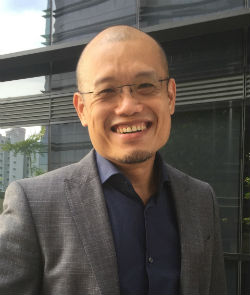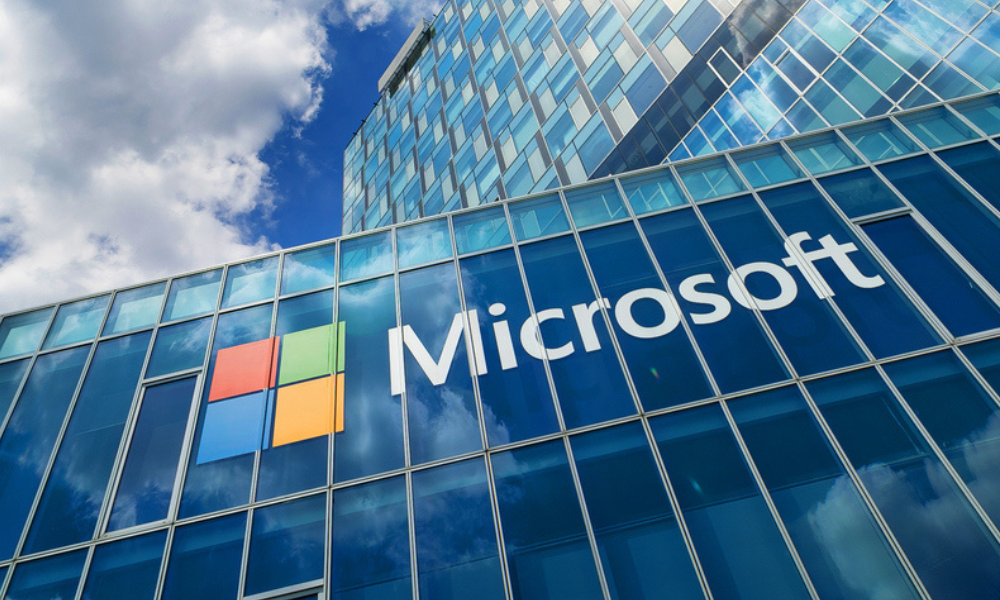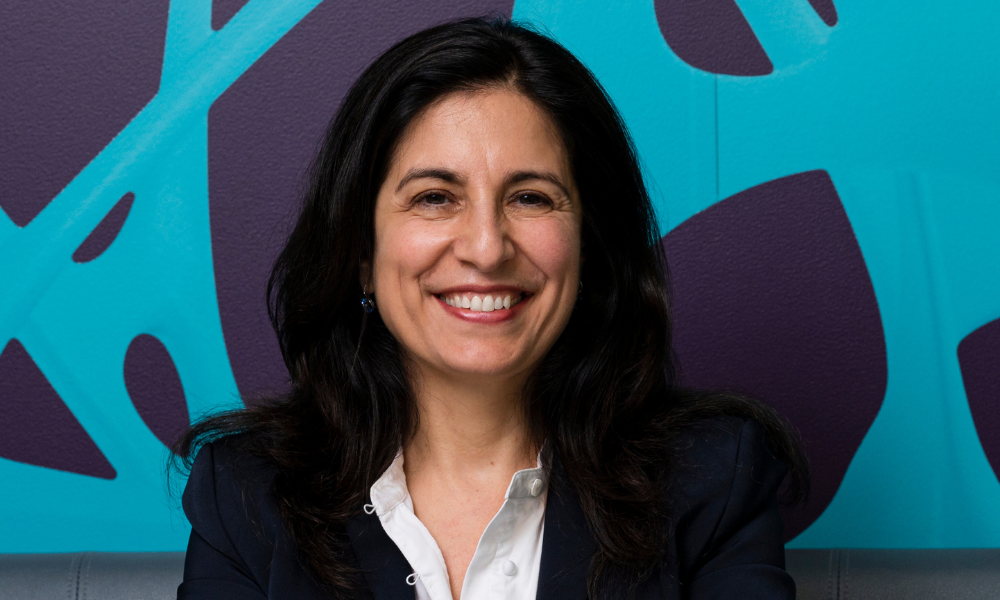Technology may help HR resolve some of its most pressing talent management issues

Technology may help HR resolve some of its most pressing talent management issues
Chua Weng Foo, CEO of Frontier eHR, says there’s a unique mix of local and global forces currently impacting talent management. Top of the list is the need to manage different generations of workers, especially millennials.
“The millennials are a different breed,” he says. “They are extremely well informed – they know what a good employer looks like; they know what a fair salary is. This means we need to provide them with the right kind of work conditions. For example, flexibility is so important to this generation, and increasingly for all generations.”
Tied into this broad concept of flexibility is the rise and rise of the gig economy. In Singapore, 9% of resident employees participate in the gig economy – a figure that is expected to grow dramatically in the future. In addition to this, a clampdown on foreign workers and a largely stagnant local labour market are exacerbating the talent challenges.
HRD chats to Weng Foo about how technology is helping HR.
HRD: How has technology changed the way organisations handle talent management?
Chua Weng Foo: A key for HR is to engage millennials, who are known to be the hardest generation to manage. They have high expectations of themselves and their bosses. HR can help engage this group through cloudbased talent management platforms. Through continuous performance feedback and coaching, you can improve employee motivation, reduce undesirable behaviours and reduce turnover.
We are living in a very dynamic world. Changes are rapid. In the past we could do annual budgets and it would stick for the whole year, but businesses are changing so fast that companies are doing rolling forecasting. From the HR persppective, managers and employees not only need to have meaningful, ongoign performance conversations but employees not only need to have meaningful, ongoing performance conversations but employees should be empowered to create personal goals that can be revised and updated along the way.
Every organisation sees the need to keep its employees' goals aligned with the company's objectives. HR therefore requires a system that allows for rapid adoption of transparent goals that can be frequently updated as the business changes, and transforms performance processes that suit business needs. Systems should allow peers to provide input as part of an appraisal process to achieve a higher level of objectivity and encourage team spirit through 360-degree feedback.
An LMS provides an end-to-end solution for managing all training processes. Nurturing talent is an ongoing and automated process, not a one-time activity. HR gets the holistic view into employee performance, and learning needs to deliver a learning plan.
Finally, HR analytics can help to provide businesses with the insights to attract the right competencies, recruit people with the right skills, manage talent effectively, as well as pinpoint any issues that adversely impact staff morale, which can then be quickly addressed.

"HR requires a system that allows for rapid adoption of transparent goals that can be frequently updated as the business changes, and transforms performance processes that suit business needs." - Chua Weng Foo
HRD: Can you outline Frontier eHR's LeapsUP HRMS platform?
CWF: Frontier e-HR’s LeapsUp is a cloudbased cloudbased, mobile-friendly HR and workforce management solution. Companies with a regional or global presence will see immediate benefit in the LeapsUP suite delivered in the cloud. Through a single deployment, employees are empowered to perform selfservice functions anytime, anywhere. It enhances HRMS user experience through an intuitive, simple and effective user interface. There are four pillars of solutions seamlessly integrated within LeapsUP – covering HRMS, Workforce Management, Talent Management and Overseas Travel Authorisation – to help HR to focus on strategic objectives and realise operational efficiencies with technology.
The Frontier eHR entrée suite is a scaled down version of the enterprise suite, catering to the needs of SMEs. It is affordable, comprehensive and easy to implement.
HRD: Can you touch on user experience?
CWF: Our solution suite is designed with a great user experience in mind. Firstly, things are personalised – what fits you might not fit me, so we have personalised widgets. Through that, the users have access to the most common tasks based on drop-and-drag functionality and with one or two clicks can apply for leave, check their leave balance, book meeting rooms, download relevant documents, and so on. Secondly, the HR Analytics and Consolidated reports serve to improve decision-making through actionable analytics and intuitive charts. Thirdly, through an intelligent wizard known as the Guided Steps, new users are guided to efficiently complete the common HR tasks. Fourthly, SmartAlert is personalised to ensure no one misses a critical task pending for action. And lastly, there is ease of integration with external systems, for example the interface with General Ledger.
Our goal at Frontier e-HR is to take away the heavy HR administrative workload to create space for HR to focus on higher-value added tasks.
For further information on Frontier eHR’s suite of talent management solutions, visit www.frontier-ehr.com








